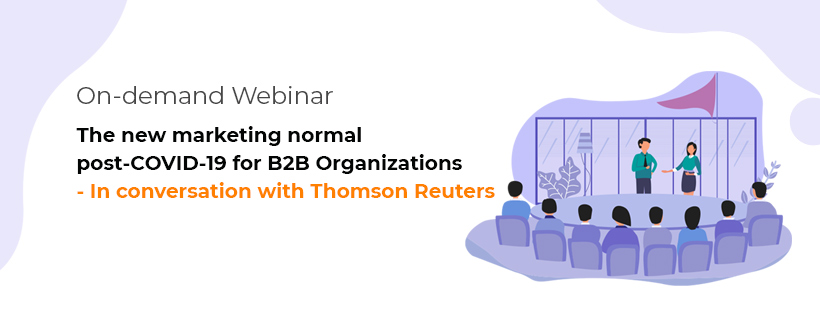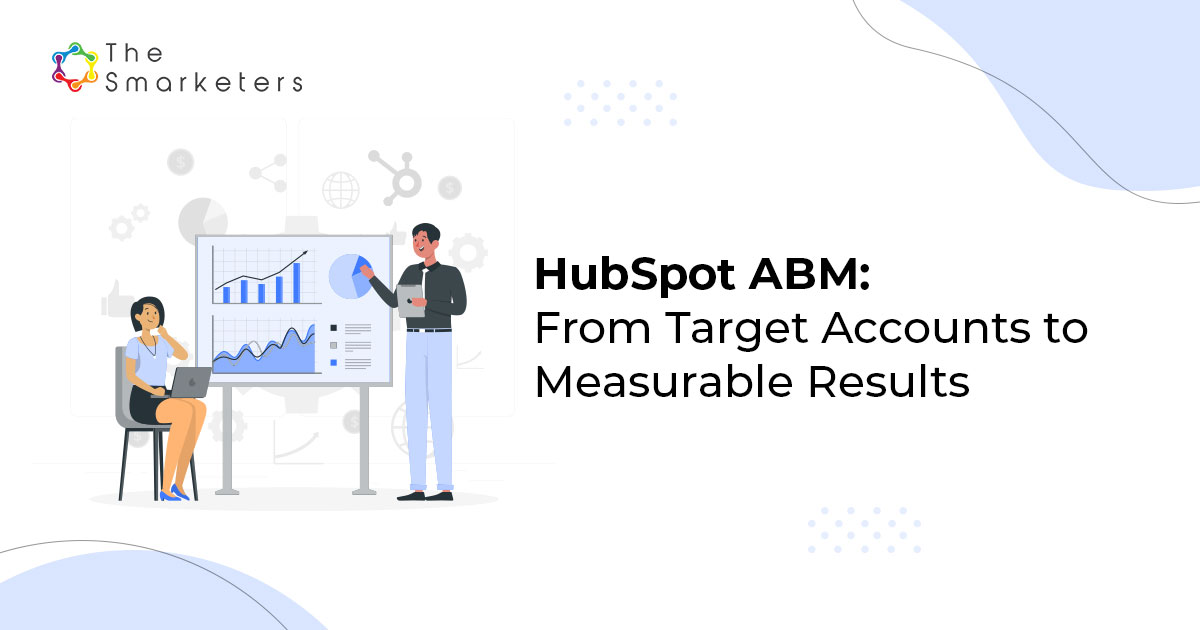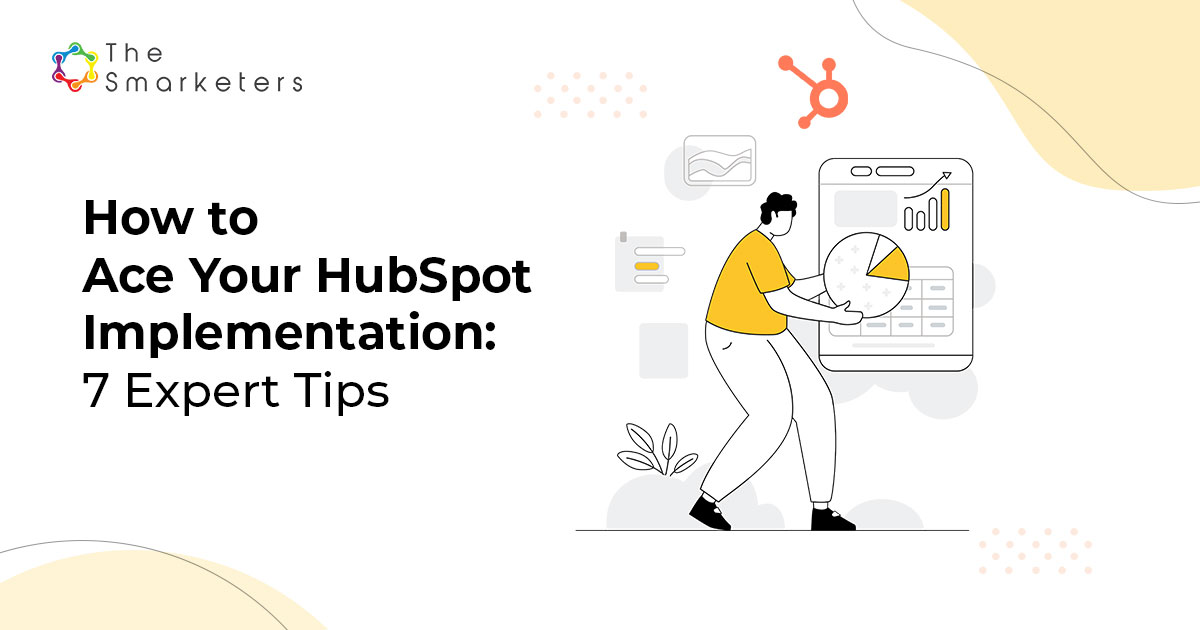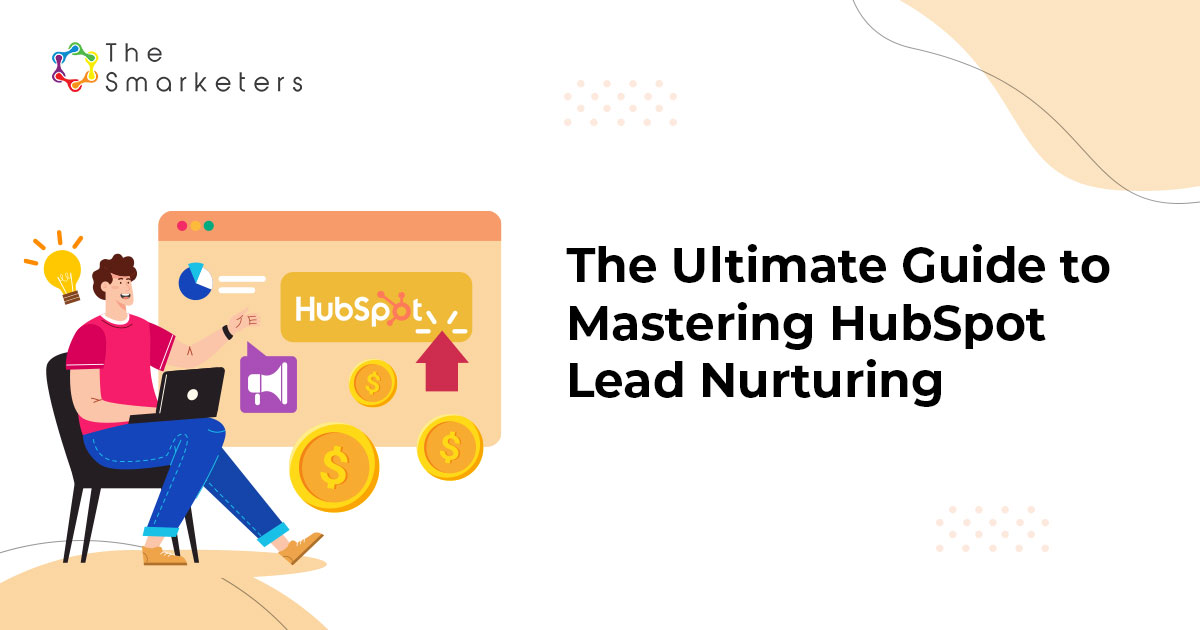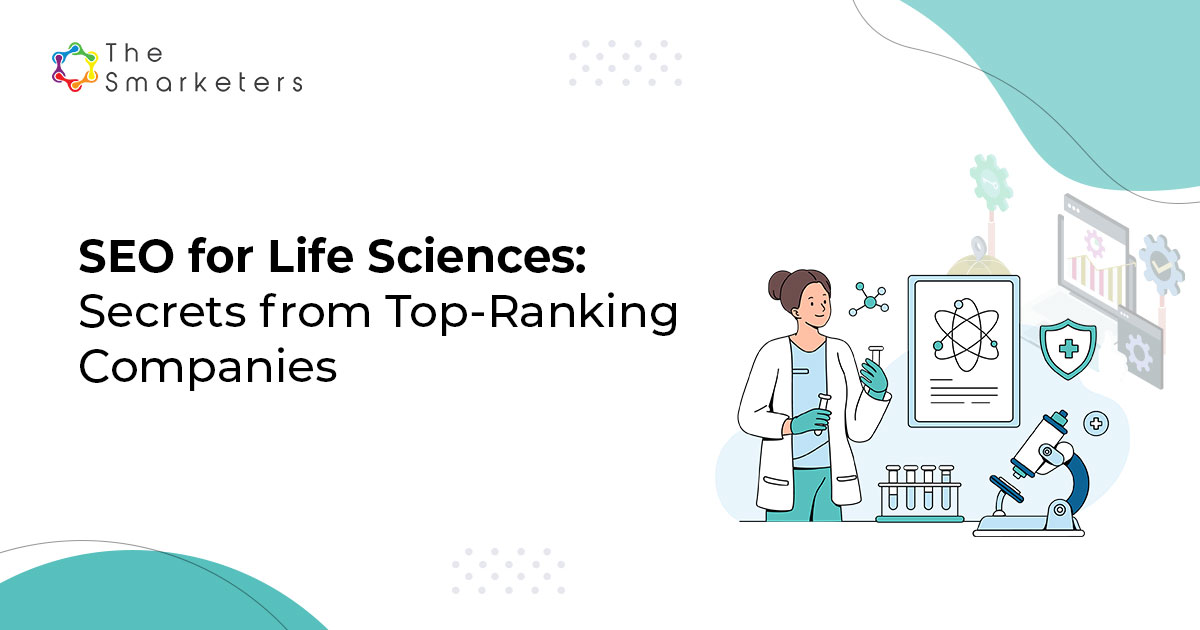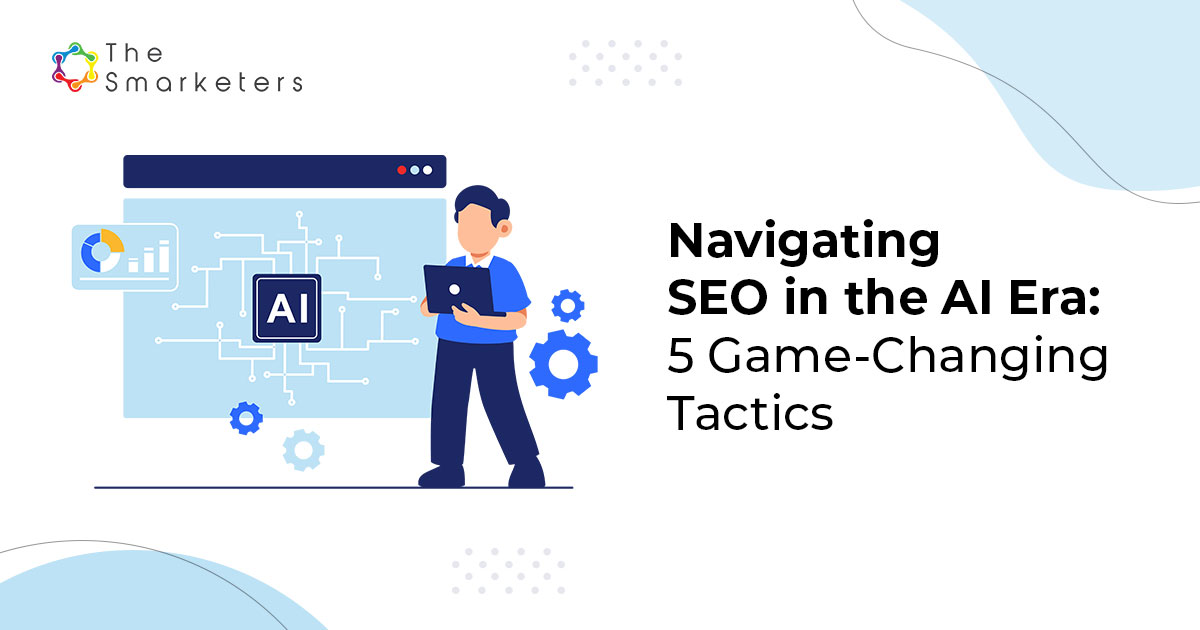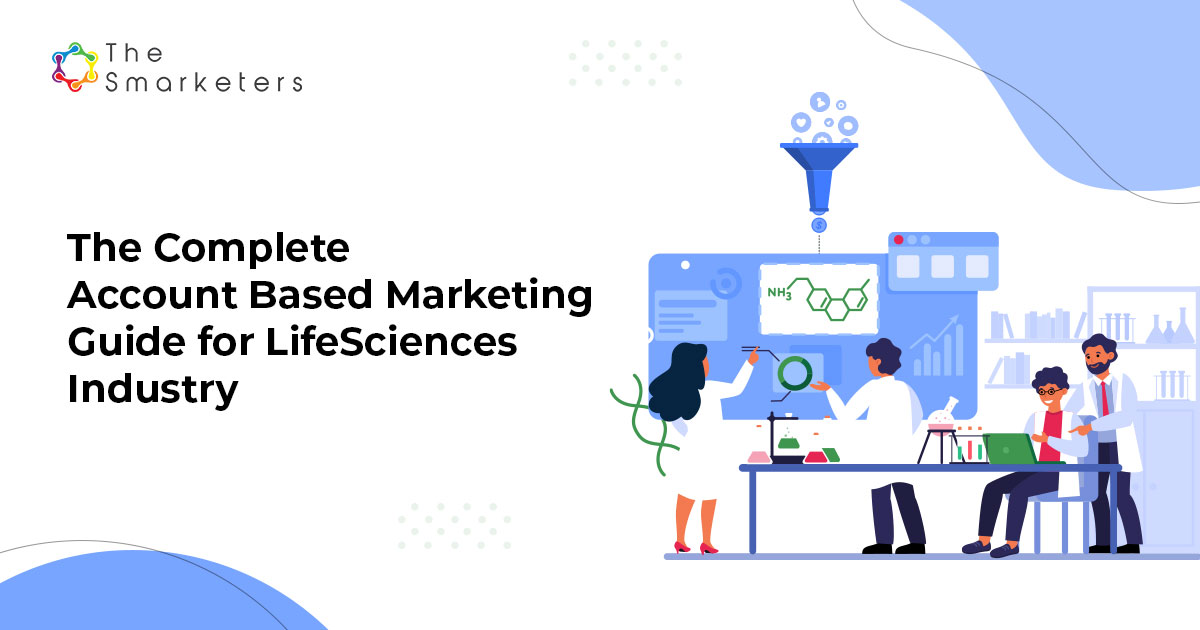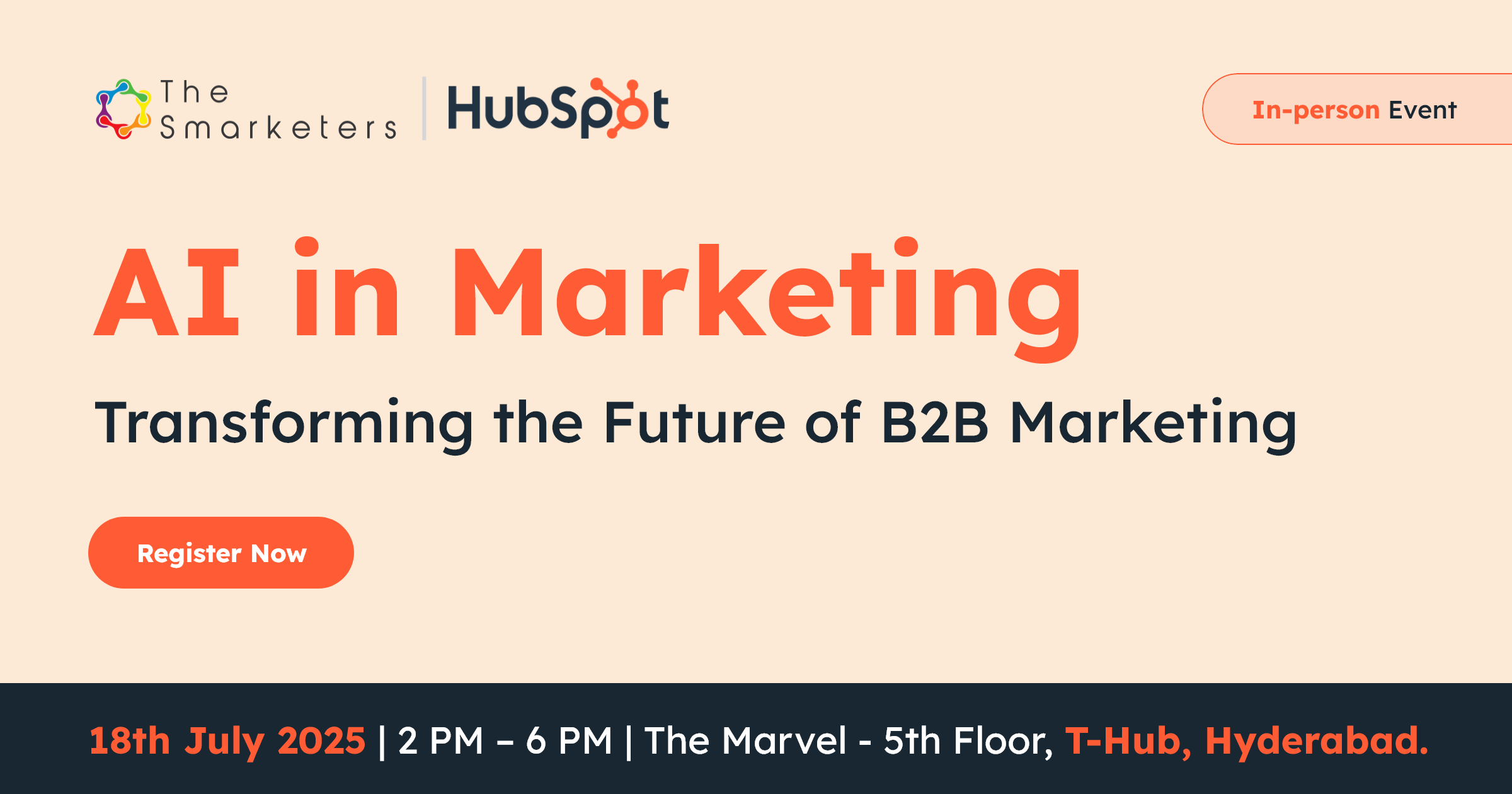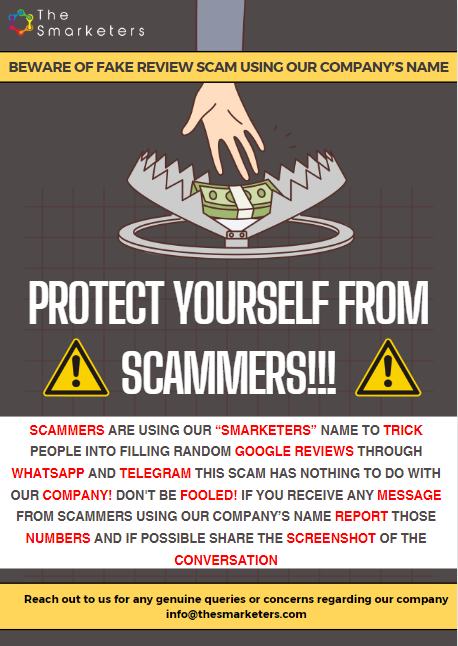Table of contents:
- Introduction
- B2B vs. B2C Marketing – The difference between the two
- Understanding how B2B marketing drives business growth
- What do modern customers expect from B2B brands?
- B2B Marketing: A Brief Outlook
- B2B Marketing Strategies
- Exploring B2B Marketing Best Practices – A Planning Guide for Creating Best Strategies
- How can we help?
Introduction
Experts in the B2B marketing circles are convinced that things will never be the same as before the pandemic. The new normal in the B2B marketing environment, and in any business environment for that matter, is focused on personalizing interactions and a firm reliance on technology and automation to facilitate remote customer experiences, promote and market products and services, and maintain solid customer engagement.
According to Mckinsey, ~ 70-80% of B2B decision-makers prefer remote human interactions or digital self-service.
Now, the focus is on creating digital content and marketing value that automatically fuels business growth while building meaningful relationships with valuable stakeholders.
Here’s a detailed guide on B2B marketing nuances and the B2B strategies and best practices to drive exponential business growth.
B2B Vs. B2C Marketing – The Difference Between the Two
B2B companies focus on demand generation and selling complex products/services that serve as long-term solutions for specific business requirements (for example, a machine used for manufacturing a product). Here, the B2B sales cycles are generally more prolonged, and purchase decisions depend on multiple business stakeholders.
Naturally, marketing planning focuses on the interests, needs, and challenges of the various stakeholders who make purchases for their enterprise. So, the “enterprise” becomes the customer of the product/service.
On the contrary, B2C marketing directly sells to end users who purchase products/services for their use, making an “individual” the target customer. Here, consumers are driven mainly by individual emotions and preferences and seek the best-value deals accordingly.
Since B2B customers are incentivized by the motive to improve organizational metrics, B2B brands must focus on logic and financial aspects while designing B2B marketing strategies.
Understanding How B2B Marketing Drives Business Growth
The B2B marketing process is like a funnel consisting of the following stages:
- Awareness
- Interest
- Desire
- Action
- Loyalty
Each stage takes the customer closer to buying the product. Firstly, the awareness stage educates prospective leads about the product and its advantages and answers first-level queries.
Next, the prospects go through the “interest and desire” stages, wherein the B2B marketers show them how the product can solve their problems and the value it can offer over the competitors’ products. The final stage is where they take action – buy the product – and become loyal brand advocates.
What do modern customers expect from B2B brands?
B2B customer expectations have changed drastically post-pandemic. Here are the two core pillars redefining B2B marketing and B2B customer engagement in the digital era –
- Tailored offerings and personalized B2B marketing planning based on individual customer needs, challenges, and projected future trends.
- 24X7 omnichannel engagement with brands. Recent Mckinsey research, which surveyed 3,500 decision-makers in 12 markets, revealed, “What customers want from omnichannel is “more” — more channels, more convenience, and a more personalized experience. And if they don’t get what they’re looking for, they’ll take their business elsewhere.”
B2B Marketing: A Brief Outlook
It’s incredible how much the B2B marketing landscape has changed amidst the pandemic. Approximately 70% of salespeople say that almost 50% of their business occurs through online sales.
According to Statista, Asia accounts for 80% of the global B2B e-commerce market. By 2027, the global B2B eCommerce market will stand at USD 18,771.4 billion, growing at a CAGR of 14.1% (2022-27).
Coming to B2B marketing strategies, 41% of marketers declared social media marketing and personalization as their top two strategies for 2022.
Now, let’s dive deep into B2B marketing strategies.
B2B Marketing Strategies
B2B marketing aims to promote a brand’s name in the business community by actively communicating the value of its solutions. This helps B2B companies to convert leads into customers.
Since B2B products and services demand a significant long-term investment, B2B marketing strategies focus on creating and nurturing valuable long-term relationships. While traditional marketing strategies (flyers, billboards, TV ads, trade shows, etc.) still fly, B2B marketers must integrate them with modern digital strategy and ABM MarTech tools. Only then can companies expand brand awareness, nurture leads, and guide them deeper into the marketing funnel to the final purchase stage.
Planning well-thought-out B2B marketing strategies requires marketers to follow a stepwise approach, including the following steps:
- Understand your brand positioning
- Identify the target market and audience
- Identify the proper marketing channels
- Perform competitor analysis
Exploring B2B Marketing Best Practices – A Planning Guide for Creating Best Strategies
The first step in B2B marketing planning involves letting companies know about your products and services and their benefits – creating awareness through demand generation efforts.
LinkedIn B2B Institute’s study showed that, on average, companies change their banking, software, legal, and telecom service providers every five years. Only 20% of organizations are in the market scrounging for such services in a particular year.
Marketers must create awareness of their brands and solutions to drive business growth through B2B marketing. Additionally, comprehensive knowledge of the product and target customer allows them to engage and delight a potential lead who shows interest in the brand.
Even though only 16% of marketers list awareness as one of their marketing objectives, no one will willingly buy from a brand they have never heard of.
Demand generation is the process of creating awareness around your brand through inbound marketing techniques. So, creating content that can boost interest in the brand’s offerings and attract the right audience is crucial. The content stack includes blogs, informational articles, podcasts, infographics, how-to videos, whitepapers, etc. By churning meaningful SEO content, brands help prospects discover information and convert leads to customers.
- Taking the ABM (X) route for targeted business growth
Marketers must mix traditional marketing strategies with digital channels and tools for optimal outreach and conversions. Today, B2B clients expect personalized and seamless buying experiences across their preferred channels. They derive maximum value from customized product/service that fits their specific business needs.
In the B2B domain, especially in the case of B2B marketing for tech companies or professional services buyers, multiple stakeholders across the organization are involved in the decision-making. Account-based marketing (ABM) targets such companies as accounts – it identifies the high-value accounts in the initial stage based on the market, ICPs, and intent data. Accordingly, they attract these accounts with bespoke content.
This creates the concept of account-based experience (ABX), which collates ABM’s core principles with the element of customer experience (CX). The account-based experience focuses on each high-priority account’s unique pain points and opportunities. It identifies the perfect moments when customers are willing to engage with your brand and consistently delivers highly-customized content deep-rooted in customer data across sales, marketing, and customer support.
- Align B2B content marketing strategy with your sales funnel
Content is king. Hence, B2B marketers must develop high-quality and well-researched content for each marketing funnel stage. When you tailor-make content like so, you position your brand as a thought leader and subject-matter expert – a credible prospect for building business relations.
Brands should deliver gated (whitepapers, eBooks, case studies, webinars, etc.) and non-gated content (blogs, infographics, videos, etc.). Depending on the prospect’s sales funnel stage, marketers can use email marketing to share customer success stories, educate prospective leads with case studies/eBooks, and send personalized discounts or offers. It’s essential to make the content available anytime across all devices.
Search engine optimization (SEO) is another way to drive lead generation and nurturing. Using SEO strategies, B2B brands can recognize the keywords different prospects are searching for and accordingly create SEO-based content. For instance, a prospective buyer in the awareness stage would search navigational or informational keywords such as how to leverage chatbots for enhanced CX or how to use ABM with marketing automation.
Transactional and commercial keywords convert traffic into customers by targeting the desire and action stages of the B2B sales funnel. For example, “Buy Product X” or “Product Y review.”
Moreover, creating valuable content greatly helps score backlinks for a B2B brand’s website on high-authority pages. The more unique backlinks your webpage has, the higher will be its search rankings on SERPs. So, prospective leads can easily find your solutions.
- Leveraging B2B marketing automation
Marketing technology (MarTech) helps marketing teams execute their initiatives faster and more seamlessly.
Comprehensive and specialized B2B MarTech tools connect various data points, streamline marketing operations, and design unique customer profiles. While the internal processes run smoothly, marketers can target the different customer profiles with personalized content and promotions on the prospects’ preferred channels.
These tools include Customer Relationship Management (CRM), customer data platform, and Content Management Systems (CMS) used to store, manage, and share customer data and digital content across sales, marketing, and customer support.
Specialized technologies, including marketing automation tools, analytics, and email marketing platforms, can automatically manage email marketing, lead qualification, and customer journey optimization across multiple digital channels.
How Can We Help?
Smarketers is a B2B marketing company that helps clients across industries drive exponential business growth through robust B2B marketing strategies. We help generate qualified B2B leads, improve ROI, and reduce the B2B sales cycle with a comprehensive range of services, including —
- Account-based Marketing
- Inbound Marketing
- Brand strategy
- Website design and development
To know more, please schedule a personalized consultation with our B2B experts.


